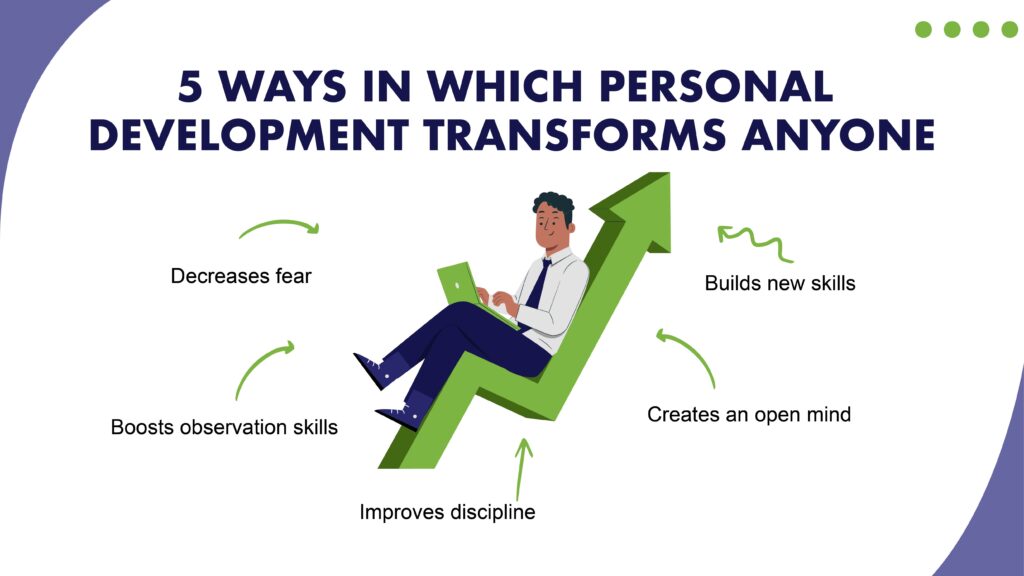Unwanted thoughts are becoming more prevalent due to an increase in global self-criticism. Perfectionism, low self-esteem, and a lack of self-confidence are all symptoms. When these by-products are present in the workplace, it is almost certain that productivity and motivation will suffer. Similar to self-criticism at a personal level, physical and mental health issues are more likely to occur if they are present. Self-criticism, according to common belief, causes sadness, Social Anxiety Disorder, and feelings of insignificance (worthlessness).
According to widely held religious beliefs, there is a cure for every ailment. Self-criticism and Gratitude go hand in hand. When we cultivate Gratitude for ourselves, others, and those we care about, we may overcome negative emotions. Is there a way to develop Gratitude within one’s own heart?
As a result of Gratitude meditation, it’s easy to go there.
Let’s take a closer look at what’s meant by this phrase.
Gratitude and Its Superiority
Humans are wired to connect with each other. In a nutshell, we’re all part of the same extended family. We must, without a doubt, practice gratitude, love, and do good to one another. We must return only the positive things that we have taken from the world. When we feel good about ourselves, we feel good about others, too. As a result, we need more gratitude than criticism in the world today. Practicing loving-kindness meditation can help create gratitude, which is contagious.
Meditation on Gratitude and Its Expanded View
Companionship meditation focuses on cultivating Gratitude for oneself and those around us. Meditating with a specific goal in mind is the aim of the exercise. Everything from focusing on the breath to a specific location is acceptable. Rising ideas, on the other hand, can distract us and take our attention away from what we were trying to concentrate on. To avoid emotional disasters, we need to return our attention to our focused point and avoid negative thoughts that are self-critical. During Gratitude meditation, participants are instructed to bring their attention back to the present moment and build feelings of Gratitude. Affirmations, on the other hand, may have been adopted by Gratitude meditation experts recently. When people are self-critical, they are encouraged to read positive statements to themselves.
In this way, the individual can replace criticism with Gratitude and avoidance with stronger and better connections with others. In order to properly experience the benefits of Gratitude meditation, experts recommend that you meditate for at least 10 to 20 minutes a day. In order to receive the full benefits of Gratitude meditation, it is also recommended that meditators remain constant in their practice.

Meditations for Gratitude – Scientific Study
Gratitude meditation, according to a review published in 2022, is responsible for enhancing pleasant feelings and decreasing negative feelings. As a bonus, CM also lessens feelings of worry and despair and increases feelings of empathy.
Another study on Gratitude meditation and loving-kindness meditation will be done on employees in 2022. According to the findings of the research, employees are capable of charity (selflessness for others). It had a good impact on their conduct and showed a significant improvement.
How Gratitude Lets you LIVE your life
We can improve our lives by adopting a number of things, but this is not the only option. There are, however, only a few that have a long-term impact. It’s the outcomes that keep us enthused and motivated, and they help us live better lives. Let’s take a closer look at how one of these practices, Gratitude meditation, genuinely alters one’s state of mind.
Meditation improves our mood by altering our perception of the world around us, which in turn impacts how our bodies respond to external stimuli. As an example, when Gratitude is instilled, we may see the same circumstance in a new light. Bad news might make us more forgiving of ourselves, even if it makes us miserable. We have a better chance of healing because of this Gratitudeate feeling, which allows us to be happier when we otherwise wouldn’t have been able to be.
Enhancement of Altruism: In some cultures, altruism is regarded as a positive quality. In order to help others, one must be willing to sacrifice one’s own interests. When a person tries to improve their personal well-being, their natural desire to distribute happiness is heightened. The upshot of this is that they try to help others by giving advice or listening with empathy. One of the numerous benefits of altruism is the reduction of social isolation, as is the improvement of the ability to perceive the bigger picture. As a last benefit, it helps to improve one’s overall sense of happiness.
Reduced Anxiety and depression: Anxiety and depression can be relieved Gaining self-confidence through personal growth and service to others makes it easier to cope with unpleasant emotions. Negative emotions like dread and fury can prevent a person from progressing. Unfortunately, most people can’t commit the time they’d like to bettering themselves. Mindfulness meditation with Gratitude has a positive effect on reducing unpleasant sensations.
Strategies for overcoming procrastination: Experts believe that procrastination is a result of negative thoughts and emotions. Any person’s life can be ruined if they have low self-esteem, a lack of accomplishments, or a tendency to miss out on opportunities. This type of meditation helps you to better understand and manage challenging emotions. As a result, procrastination tendencies can be reduced.
Remain Present-Focused
Gratitude is a key component of meditation, which encourages one to be in the here and now. Gratitude for one’s own flaws should be one’s first priority. “I am competent in coping with life’s challenges,” the user can say out loud or inwardly, for instance. “I like who I am,” I respond. Repetition with or without modification is permissible indefinitely. One’s inner critic will fight against it. These thoughts and feelings should be observed, but they should not interfere with your meditation practice.
In what ways can you Increase Gratitude through our Courses?
This is where the practice of Gratitude mindfulness meditation gets its start. These advantages can be doubled by using this method. There are some people who practice Gratitude and see it as a way of breathing. When you inhale deeply, Gratitude comes in and criticism goes out (while breathing out). A meditation specialist claims that it has a calming impact on the mind.
